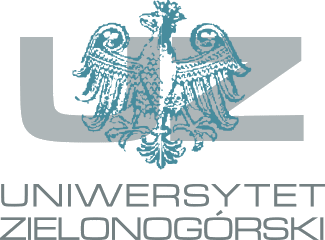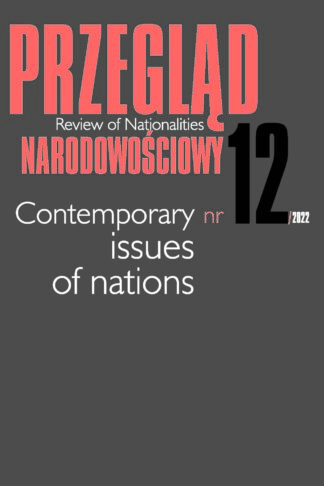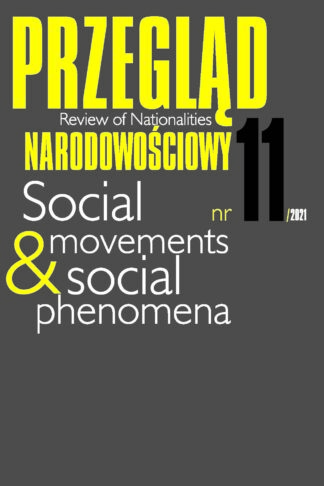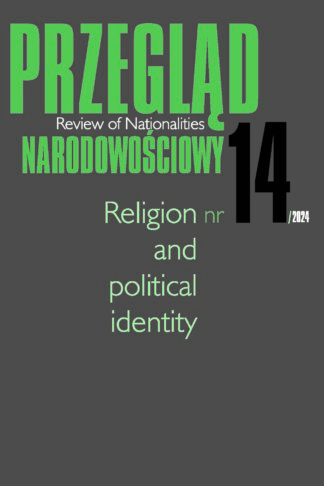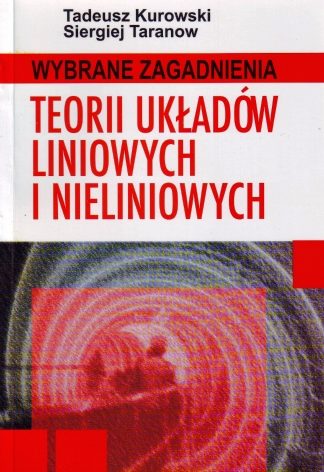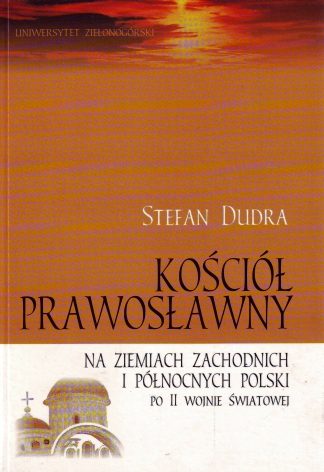Opis
“It is in general a necessary condition of free institutions, that the boundaries of governments
should coincide in the main with those of nationalities”, wrote John Stuart Mill in Considerations on Representative Government (Mill, 1991: 431). It was this sentiment, that prompted groups in multinational countries to seek referendums in recent years; to create new boundaries that coincide with those of ‘nations’. For example, in Scotland in 2014, Catalonia in 2017 and Bougainville (a part of Papua New Guinea) in 2019 (Guidi, Casula 2019: 183; see also: Husar-Poliszuk, 2019). These referendums were but some of the recent cases of votes on independence, which have been described in this article as a new wave of separatism. From one perspective, these votes can be seen as democratically
legitimate because there ought to be a rule that stipulates that “a state’s territorial
integrity can be challenged from inside by a self-defined community” (Waters, 2020: 124). But form another perspective, such referendums – and more generally such acts of secession – can be dangerous. When a constitution “is silent on secession, it is not clear that the central government sanctions such movements, and if it turns out that it does not, secessionist disputes can burst out in violence” (Ginsburg, Versteeg, 2019: 929).
[frg. wstepu]
